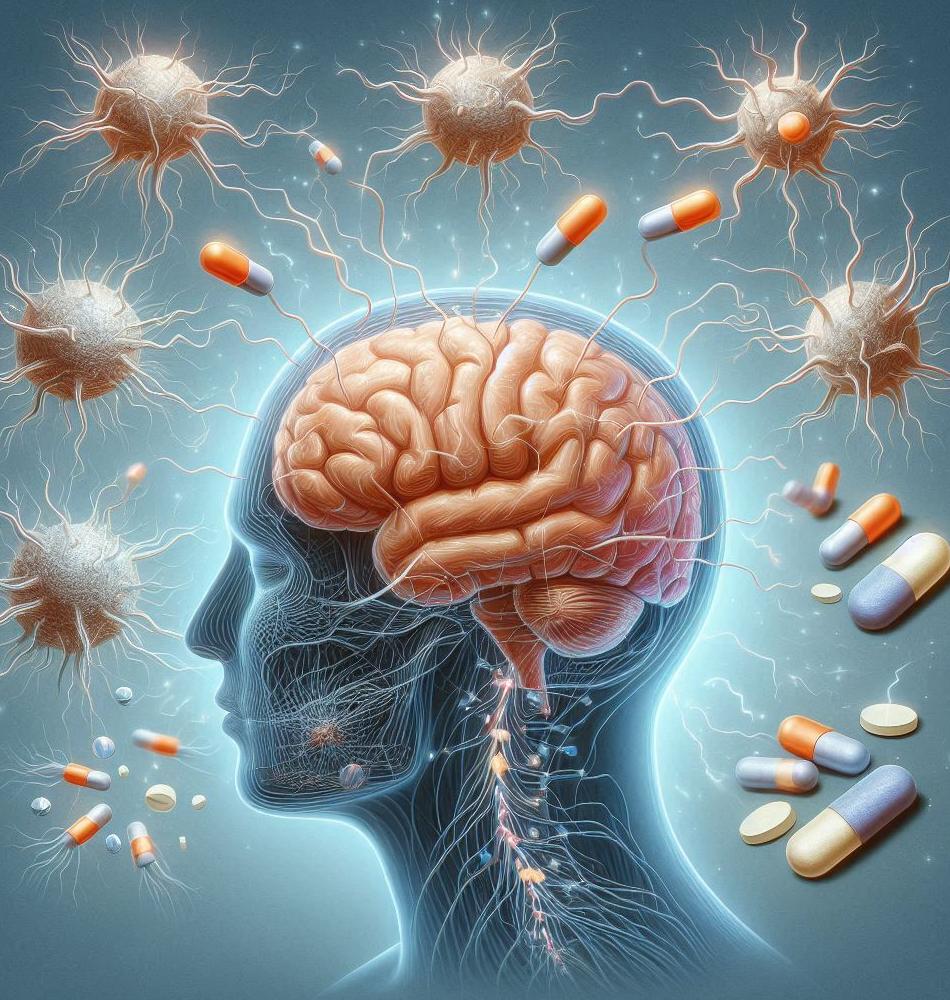Have you ever heard of TD treatment? If you have stumbled upon this term before, you may be wondering what it entails. Well, fret not! This article is here to unravel the mysteries surrounding TD treatment and provide you with valuable insights into its nature, significance, and the options available to address it. In a world where health care information is abundant yet confusing, having a clear understanding of TD treatment can empower you in managing health issues more effectively. So, let’s dive right in!
What is TD? 🌈
Before we embark on a journey through TD treatment, it’s essential first to understand what TD stands for. TD typically refers to Tardive Dyskinesia, a neurological disorder characterized by involuntary, repetitive body movements. It can arise from long-term use of antipsychotic medications, often prescribed for mental health conditions. While the exact mechanism isn’t fully understood, TD is indeed a challenging and often frustrating condition for those who experience it.
Symptoms of Tardive Dyskinesia
Identifying the symptoms of TD is crucial for early diagnosis and treatment. These symptoms can vary from person to person but typically include:
- Involuntary facial movements, such as lip smacking or grimacing
- Rapid eye blinking or eye movement difficulties
- Uncontrollable movements of the arms, legs, or torso
- Difficulty with coordination
- Challenges with speech and swallowing
If you or someone you know is experiencing these symptoms, it is important to consult a healthcare professional for an accurate diagnosis and appropriate TD treatment.
Causes of Tardive Dyskinesia 🧠
Understanding the causes of TD is essential for both prevention and treatment. The primary culprit for Tardive Dyskinesia is the prolonged use of antipsychotic medications, specifically first-generation antipsychotics. However, second-generation antipsychotics may also contribute to the risk of developing TD, although they are considered to have a lower incidence rate. Other potential factors that may exacerbate or contribute to TD include:
- Higher dosages of antipsychotic medications
- Age, with older adults being more susceptible
- Gender, as females may experience TD more frequently than males
- Pre-existing mood disorders
The Intersection of TD and Mental Health 🌼
One of the challenges surrounding TD treatment is its close association with mental health conditions. Many individuals who develop Tardive Dyskinesia are often on medications for serious mental health issues, such as schizophrenia or bipolar disorder. Therefore, careful consideration is necessary when devising a treatment plan. Medical professionals must weigh the benefits of treating mental health conditions against the risk of inducing TD.
Available Treatment Options for TD 💊
Now that we have a clearer picture of TD and its causes, let’s explore the available treatment options. It is essential to note that there is currently no universal cure for TD; however, several approaches can help manage its symptoms.
Medication Management
Medication management is often the first step in addressing TD. Some of the most common options include:
- Valbenazine (Ingrezza): A medication approved by the FDA specifically for the treatment of Tardive Dyskinesia.
- Deutetrabenazine (Austedo): This medication also aims to reduce involuntary movements associated with TD.
- Botulinum toxin injections: In some cases, individuals may benefit from injections to help alleviate severe muscle contractions.
Non-Medical Interventions
While medication is essential, combining it with non-medical interventions can significantly improve outcomes. Some options include:
- Cognitive-behavioral therapy (CBT) to address underlying anxiety or depression
- Physical therapy to enhance mobility and coordination
- Support groups for individuals experiencing TD, providing a sense of community and shared experiences
Exploring Alternative Therapies
For some individuals, exploring alternative therapies may yield positive results. Some promising options include:
- Mindfulness and meditation techniques
- Acupuncture or chiropractic care
- Dietary changes and nutritional supplements
Managing Lifestyles Alongside TD Treatment 🏃♀️
Incorporating lifestyle changes can significantly enhance the effectiveness of TD treatment. Here are some strategies to consider:
- Get regular exercise to promote overall well-being
- Maintain a healthy diet to support brain function
- Avoid alcohol and recreational drugs that could exacerbate symptoms
- Establish a consistent sleep schedule to improve rest and recovery
Frequently Asked Questions about TD Treatment 🤔
- What can I do if I suspect I have Tardive Dyskinesia?
- Are there any natural remedies for Tardive Dyskinesia?
- How long does it take for TD treatment to show results?
- Can Tardive Dyskinesia be reversed?
Conclusion ✨
Understanding TD treatment is a critical component for individuals managing Tardive Dyskinesia. With various medication options, non-medical interventions, and lifestyle changes available, there is hope for managing symptoms and enhancing quality of life. Always consult a healthcare provider for a personalized treatment plan, and do not hesitate to reach out to support networks during this journey. Remember, knowledge is power, and the more informed you are about TD treatment, the better equipped you’ll be in tackling the challenges it presents.


